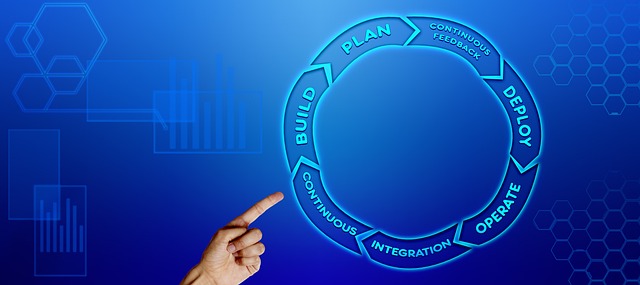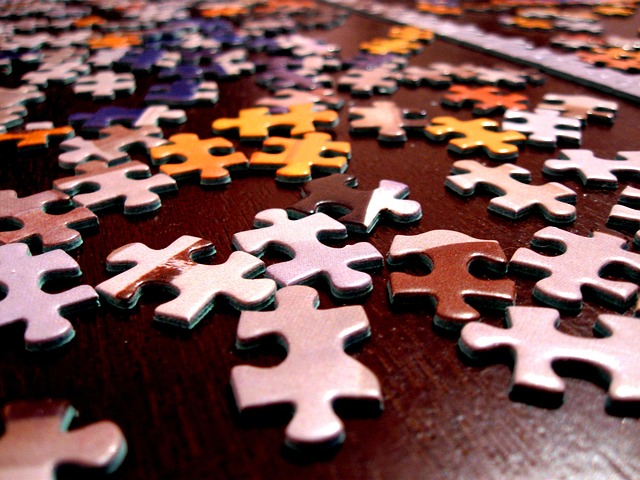In the ever-evolving world of gaming and eSports, the significance of robust support systems cannot be overstated. Whether you are a casual player or a professional athlete, the community and resources you surround yourself with can make a world of difference in your performance and development.
First, let’s explore how support systems manifest in gaming environments. Online multiplayer games, for instance, cultivate communities where players can share strategies, tips, and experiences. These networks often include informal clans and guilds, which act as the first layer of support. Being part of a dedicated group where everyone is working towards a common objective fosters not only camaraderie but also growth. Players can learn from one another, watch replays, and give constructive feedback that is essential for honing skills.
As we transition into the eSports realm, the importance of professional support systems becomes even clearer. Here, teams often employ dedicated coaches, analysts, and psychologists who reinforce the players’ development. This multifaceted support encourages players to excel not only in their gaming skills but also in their mental fortitude, stress management, and teamwork. Coaches help strategize game plans while analysts break down gameplay data, ensuring that players can continually refine their performance based on objective feedback.
Moreover, as eSports gain recognition, the role of support systems expands to include fans and sponsors. The passion exhibited by fans creates an invigorating atmosphere that can significantly boost a player’s motivation and morale. Support here is not limited to cheering but extends to constructive discussion around tactics and gameplay, further enhancing a player’s understanding of their craft.
Don’t underestimate the role of mental health resources in these support systems. Burnout is a prevalent issue among gamers, whether they are seasoned pros competing for championships or casual players simply striving to improve. Access to mental health professionals who understand the unique pressures of the gaming landscape can equip players with coping strategies, promoting a healthier approach to competition and personal growth. This facet of development is critical but often overlooked, and it’s essential to create a culture where seeking help is normalized and encouraged.
Additionally, many gaming platforms have started implementing features that foster community building within their framework. For instance, matchmaking systems often pair players based on skill levels, encouraging cooperation and healthy competition. Forums and chat systems allow players to form connections outside of gameplay, establishing enduring friendships and support networks that can carry over into their gaming journey.
As you immerse yourself in your favorite games, consider how these various support systems can elevate your experience. Whether it’s through forming relationships with fellow players, seeking guidance from coaches, or just participating in community discussions, actively engaging with these networks can significantly uplift your gaming prowess. Remember, the path to improvement is rarely a solo journey; it usually thrives within a community that shares the same passion and objectives.
When gaming becomes challenging, leverage these support systems to help you navigate through rough patches. Whether you’re stuck on a level, feeling overwhelmed by competition, or simply seeking ways to grow, your support network is there to help you level up in ways you never thought possible. After all, at the heart of gaming lies a vibrant and resilient community eager to uplift one another.




